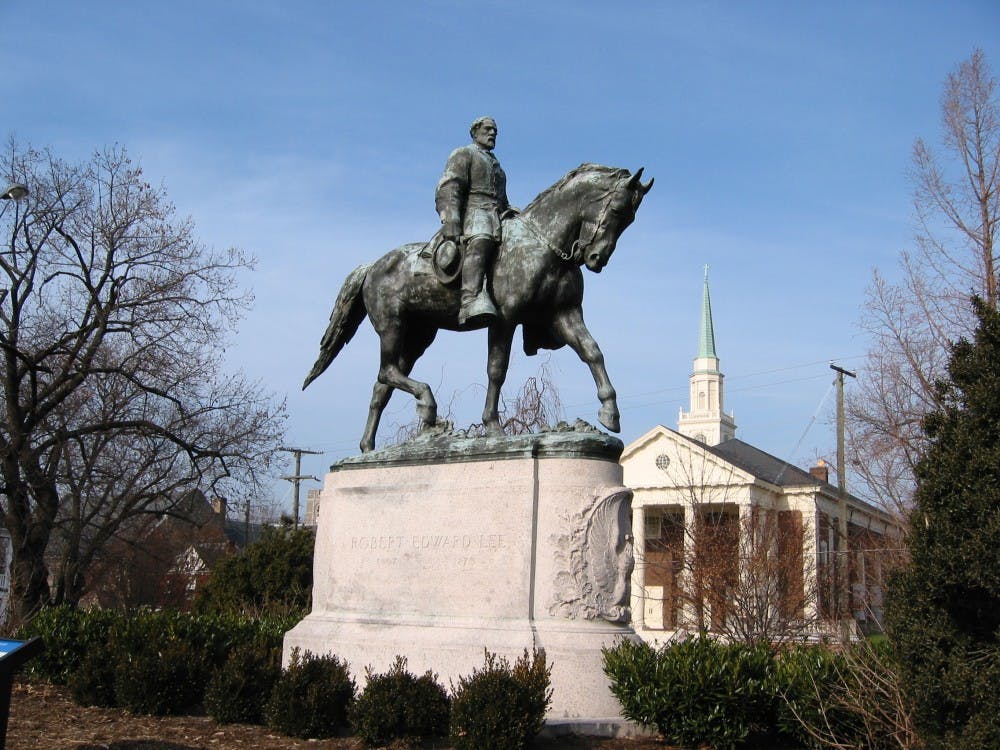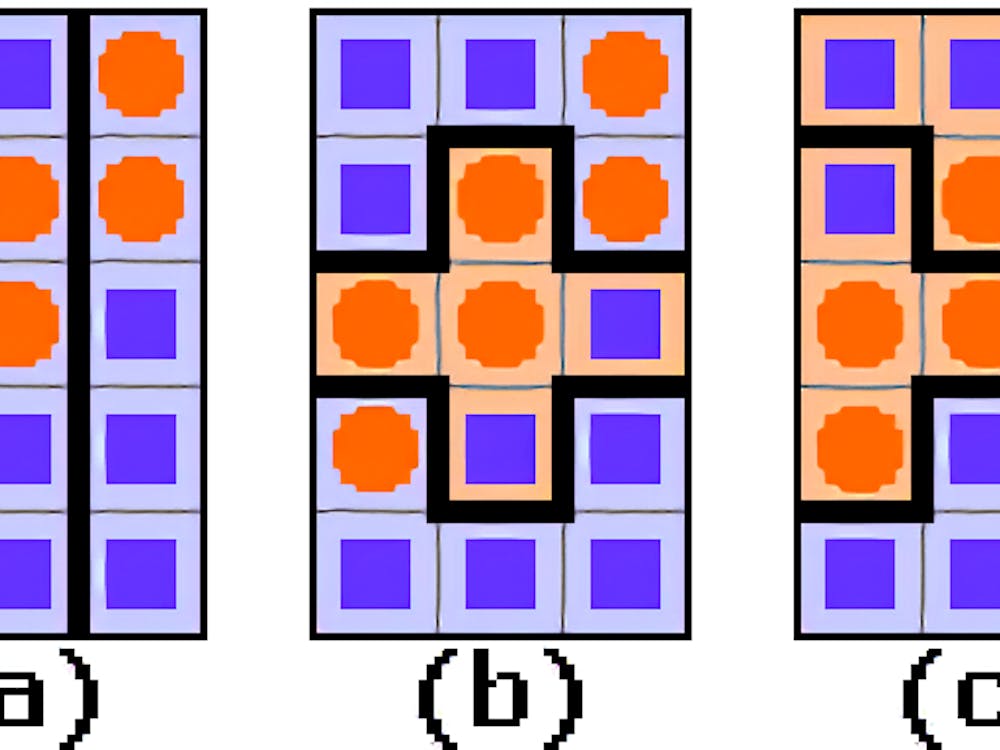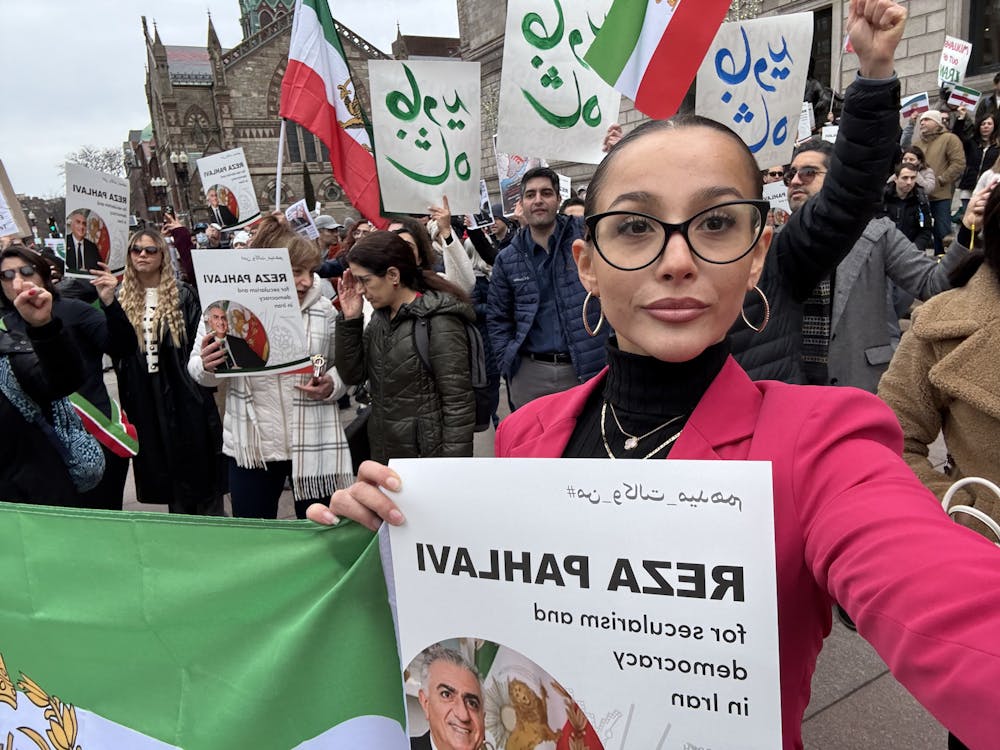It is difficult to truly grasp the pathologically violent nature of our country when it is so overwhelming and present. There is violence all around us. We are an exceptional country, but not for the reasons we were taught in grade school.
How we imprison more people per capita than any other nation, how our police shoot innocent black children, how we are deporting millions whose mother countries’ turmoil we caused, how we bomb civilians in the Middle East — the list can go on and on.
It is even more difficult to grasp the violence in America when our news media is deeply culpable in excusing and assisting in enacting violence upon oppressed people.
The mundane nature of this country’s violence makes it easy to internalize and then ignore. We starved another country with sanctions; We bombed more civilians in Syria today (soon to be repeated in another far off place), wash, rinse, repeat. The media goes out of its way to parrot the U.S. government line about these atrocities with the use of “unavoidable” or “spreading democracy,” and oftentimes the media itself creates its own hypothetical future genocides to champion.
A weatherman from Albany tweeted that he hoped Hurricane Irma “disrupts” Cuba. A New York Post article argued “better a million dead North Koreans than a thousand dead Americans.” Articles in both conservative and liberal publications regularly advocate for bombing new and exotic sounding places with no concern for the actual inhabitants of these countries.
The normalcy of these calls for genocide is what makes them so frightening. What country are we threatening to destroy this week? We cannot climb our way out of our pit of pathological violence when our local weathermen casually wish for death and destruction upon entire countries.
An entire book could be written about the support The New York Times (The Times), a newspaper often accused of having a liberal bias, has given the far right and the imperialist war machine. The Times has only opposed one United States invasion (Grenada) in the past 50 years.The Washington Post has done the same.
The Times whitewashed the murder of Heather Heyer at the Charlottesville protest with the headline “Car Hits Crowd After White Nationalist Rally in Charlottesville Ends in Violence.” The Times sent out a later-deleted tweet that read, “How did Yemen — a country under the close watch of the United States and Saudi Arabia — fall so swiftly into crisis?”, denying that the United States and Saudi Arabia have bombed and starved Yemen into a crisis.
The “media” is a nebulous term made up of so many different publications that one could argue it is impossible to generalize about the group. Yet the vastness of our media is what makes their similarities all so striking. In an article for FAIR (Fairness and Accuracy in Reporting), journalist Adam Johnson reported that out of 47 major U.S. editorials, only one opposed Trump’s April airstrike on the Syrian government.
Johnson also reported for FAIR that the Washington Post, Boston Globe, AOL News, The Hill, BBC and Sky News UK all reported the murder of Heather Heyer as a “clash.” The way headlines excuse brutal police is such an overt practice, it has become a joke on social media sites. For example, “the police shot someone” will become an “officer involved shooting.”
And it is normal for the media to excuse our Founding Fathers’ crimes of slavery and genocide (for the latest example, see NPR’s article “FACT CHECK: ‘Whatabout’ Those Other Historical Figures? Trump’s Question Answered.”)
Journalists, especially impressionable young journalists, should take it upon themselves to ensure that they are not spreading propaganda. From the day we are born or arrive in this country we are bombarded with the notion that America is the best country on the planet, that we can do no wrong, and that when we do wrong, we had good intentions.
Unlearning this propaganda is a difficult and long process, but it is necessary if we wish to counter and tell the truth about the violence our country wages.
Emeline Armitage is a senior International Studies major from Cleveland.





